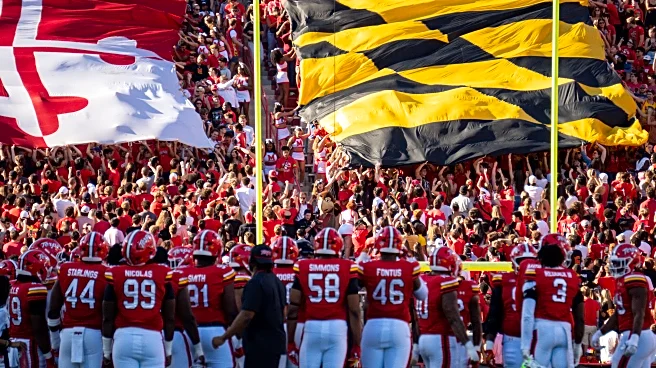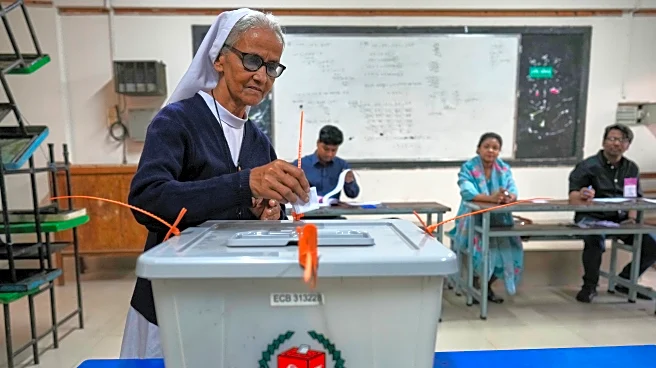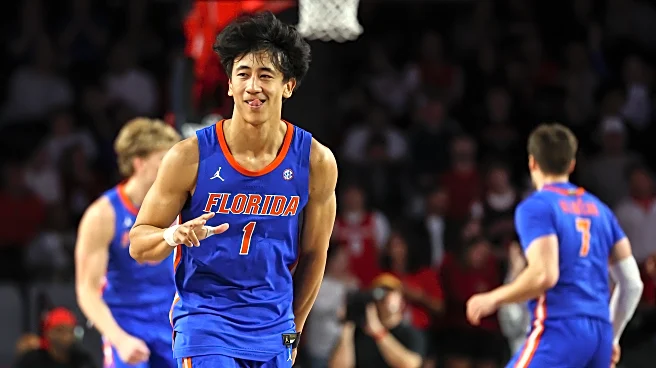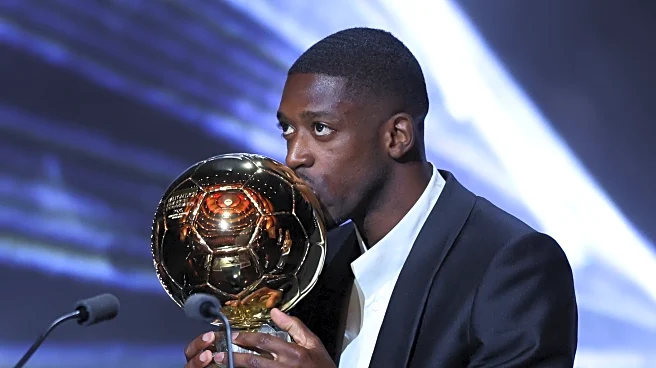The optimism surrounding Maryland football entering Saturday’s game with Washington is sucked out of the air.
The Terps blew a three-possession lead in the fourth quarter to lose, 24-20, to the Huskies and fall to 4-1 on the season. It’s a script Terps fans know all too well and an indictment on how the program handles adversity in times of success.
Here are three takeaways from the loss.
Maryland is still Maryland.
The Terps have never been this close to breaking through to the next level under head coach Michael Locksley.
They
were up 20-0 to a premier college football program in Washington, in front of a sellout crowd, with more palpable energy surrounding the program since the days of Ralph Friedgen. Locksley got his star quarterback, a talented defense and — for arguably the first time in his tenure — overwhelming optimism from his fanbase.
None of it mattered. Maryland, once again, didn’t meet the moment. Hopes of anything more than a low-level bowl game seem dashed.
Locksley’s tenure has been marred with brutal, season-altering losses. His only venture into the Associated Press poll was ended after just one week by a 20-17 loss to Temple in 2019. In 2021, it was back-to-back blowouts by No. 5 Iowa and No. 7 Ohio State — to the tune of 51-14 and 66-17, respectively — that set the tone for what ended up being a 7-6 campaign. Close losses to Purdue in 2022, and Illinois and Northwestern in 2023, had a similar effect.
Saturday’s loss may surpass all of them as the hardest to swallow.
Maryland only needs two more wins to make a bowl game. It’s still likely that happens. But the standard Locksley set for himself two years ago of being ready to compete for Big Ten championships looks unattainable until the Terps step up when they need to. And under Locksley, they haven’t given a reason for anyone to believe they can.
Second-half game script was befuddling
Malik Washington did not have his best game Saturday. He was far from bad, but looked the most flustered and inaccurate he has yet in his young college career.
Despite this, the Terps completely abandoned the run down the stretch. They had just four rushing attempts in the second half — one being a Malik Washington scramble on a pass play — after running the ball 16 times in the first half.
Malik Washington passed the ball 24 times in the second half. Nine of them were incomplete and stopped the clock.
Maryland’s run game was abysmal Saturday. DeJuan Williams and Nolan Ray combined for 43 yards on 16 carries, with the team’s longest run being just eight yards.
But assuming the Terps kept that poor pace, or even got worse, unsuccessful run plays keep the clock rolling. The Terps’ game script enabled the Huskies to have ample time to mount their comeback. Williams and Huskies’ head coach Jeff Fisch didn’t have to rush at all as they carved up Maryland’s defense in the fourth quarter.
The Terps desperately need an answer in the run game. Their output has not been good enough for consistent Big Ten success. But that doesn’t justify abandoning it with a three-score lead against an explosive Washington offense.
The referees
Maryland is the reason Maryland lost Saturday. But the officials paid them no favors, and it’s worth discussing.
Perhaps no call was more consequential than Sidney Stewart’s ejection for targeting on the third-to-last play of the first half, after a helmet-to-helmet collision with Williams trying to escape the pocket.

By the book, Stewart’s actions quantify targeting. He did make contact with the crown of his helmet. But it’s a collision that happens frequently in football, especially as plays go to the ground and defenders have to dive to make a tackle. And it was a game-altering call to make in that situation. Maryland could have used a pass rusher of Stewart’s caliber as Williams came to life in the second half.
And no call was more egregious than the taunting call on Dontay Joyner in the fourth quarter. Joyner broke up a pass to the endzone and celebrated with what is widely accepted as the “seatbelt” move: impersonating clicking a seatbelt into place to represent “strapping” up the receiver.
The referees, according to Locksley, saw it as an impersonation of “brandishing a weapon,” likely a sword.
“Everybody in the country does the seatbelt stuff, but we must have a reputation,” Locksley said.

















